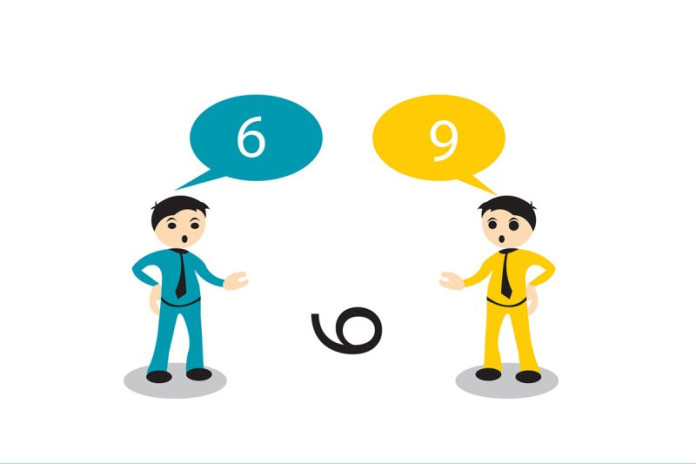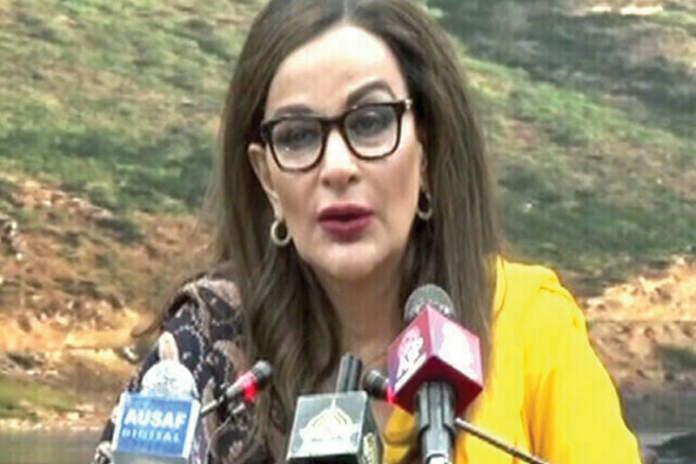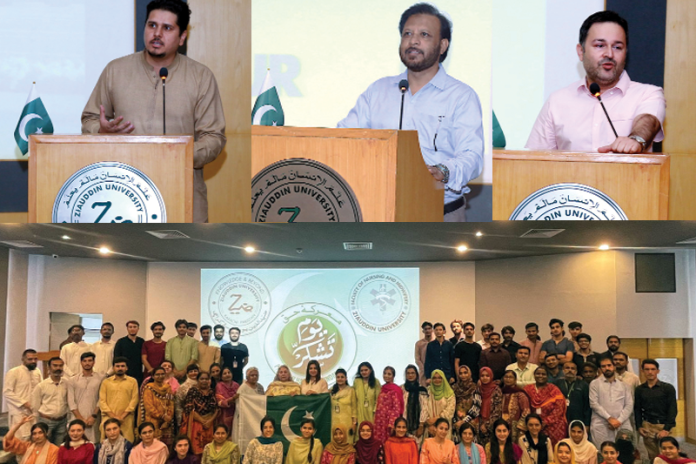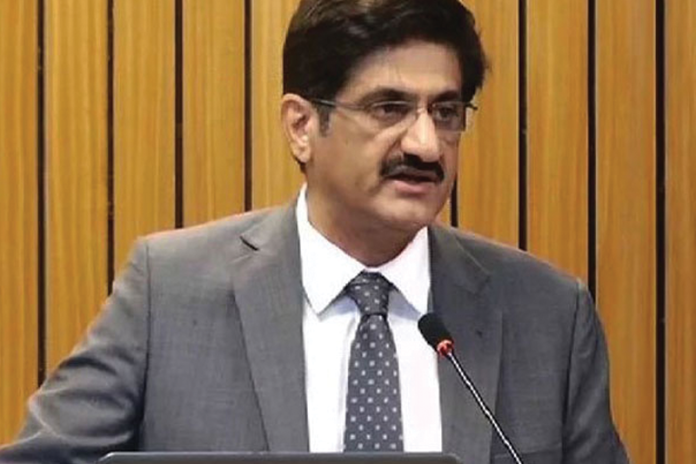Increase charity - Reduce poverty
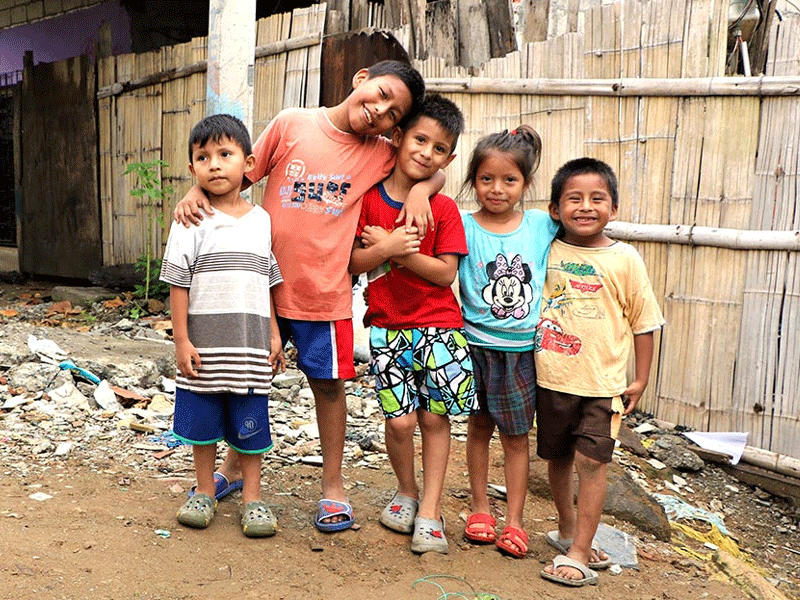
- 306
- 0
It has often been said that sharing is good. Sharing not only benefits the recipient of the act of goodness, but the giver or contributor of goodness as well. Feelings of happiness and contentment are often associated with people who share what they have. It may be in the form of money, goods, services, time, or anything that can be of help to another person. As a result, more people are now open to doing charitable work without expecting anything in return. The best consolation that one gets out of being charitable is the knowledge and feeling that someone else is enjoying and finding good use for items shared or donated.
The word ‘charity’ means generosity in giving something to the needy out of loving kindness towards them; and a charitable organization is an institution with funds to help the needy. There is a proverb: ‘Charity begins at home.’ A person, who is kind at heart and possesses compassion from his early days towards the weak and the needy in the society, is generally found to help and make gifts to the poor. He finds joy and satisfaction in giving alms to a beggar, or renders some financial relief to the needy persons who are near at hand. Thus charity begins at home. In other words, it begins in the near neighborhoods of a person. One first comes forward to help his neighbours, relatives and friends in the very beginning. Afterwards, he extends his, same helping hand to the distant places, where thousands of the needy and the weak people await his help and sympathy.
Charity exists in many different forms. It can be seen in the forms of helping the poor, those who have disabilities, and efforts for a cure to disease. People often neglect charity from their daily lives, but there is always someone in need. There is no financial gain; instead, a feeling of self-worth and respect is produced.
Charity is a commonly quoted but rarely practiced virtue. Life leaves us with little scope to understand anything beyond the narrow view of our vested interests. We forget that true happiness is beyond the definitions of owning and possessing and that It is the spiritual consciousness of defining various moments in our lives with love, grace, and gratitude.
Charity is the voluntary giving of money, time, or other resources that one has. For various reasons, people consider being charitable towards others in need. For some, it is about the inner satisfaction that one gets out of knowing that they were able to help another person. Although the most common way of helping is through monetary support, it does not always have to be that way. Even an offer to teach less fortunate children on how to read and write will also bring forth the same happy feelings. Offering to take care of a neighbor’s baby produces fulfilling and lasting emotions. Thus, regardless of the form of help an individual extends, the feelings of satisfaction and contentment are the same.
The author of the book, Why Kindness is good for you, Dr. David Hamilton claims, “When you do something for someone else, your brain produces [the] hormones [called] Dopamine - which makes you feel happy, and gives you the feeling that what you are doing is right” (as cited in Herdman, 2011). Therefore, the happy factor works both ways, that is, for both the receiver and the giver. Furthermore, research proves that because of these happy feelings, people tend to repeat the actions more. With the idea that helping others makes the giver happier, people tend to give more, causing a circular motion of giving and receiving. The happier the person becomes, the more giving the individual is. Thus, people become more giving to and understanding of other people’s needs. For some individuals, this is enough motivation to keep the spirit of giving alive.
Other reasons for donating to charity include reduced tax liability for the giver. Tax deduction depends on the value of the items an individual donates. The higher the value of the items, the higher the tax deduction an individual is allowed to claim (eHow contributor, n.d.). Another benefit is how donating to charity can help individuals remove clutter. Instead of simply throwing away items that can still be used or recycled, these items can be donated instead “to the less fortunate individuals or nonprofit organizations” (eHow contributor, n.d.). Giving also helps improve living conditions in communities that otherwise have no access to basic goods and services. As groups help raise the living standards of the less fortunate, karma comes in by bringing good tidings and better opportunities to the giver. It is believed that whatever individuals give to others is returned to them twofold or threefold of what they have shared to other people.
Sharing is a contagious feeling. The more one gives, the happier one becomes, thus, the more an individual dares to share more. When other people see how happy a person is after the act of giving, that person becomes a testament to another, which helps create a ripple effect of people sharing and giving to others. Therefore, one’s happiness and satisfaction does not only come from receiving gifts from other people, but also from knowing that an individual can also make a difference in another person’s life through charitable acts. In conclusion, we can say that the two interpretations of the proverb ‘Charity Begins at Home’ are closely interlinked. Basically, the proverb states that one learns compassion, empathy, and the joy of giving at home, and they perform charity towards their own family, in the first place. It can be something as small as sharing their food or listening to a family member in need, hence a child’s first charity is practised at home. Our prior understanding of the proverb was a bit flawed as it meant that our family is our top priority when it comes to charity. Our family is supposed to be the starting point and not the end of our charity. The proverb figuratively implies that every act of charity begins not in a grand scheme, but in one’s home.
Published in The Daily National Courier, March, 23 2023
Like Business on Facebook, follow @DailyNCourier on Twitter to stay informed and join in the conversation.

